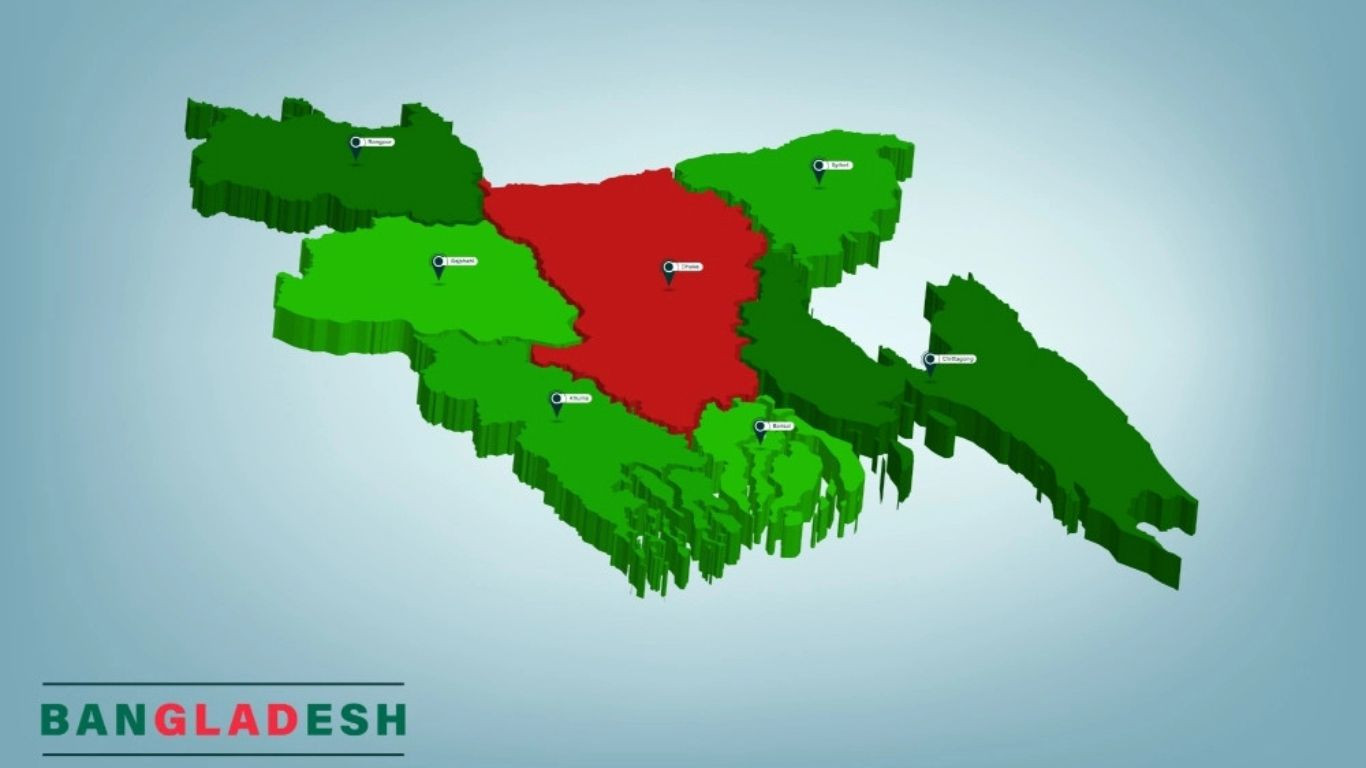Country in trouble over the politics of renaming
Investigations reveal that this culture of naming and renaming began right after independence
Shamim Ahmed
Published: 03 Oct 2025

Photo: Collected
With every change in the political landscape, the names of various government institutions, establishments, and infrastructures across the country are also being changed. Even institutions that are two to three decades old are suddenly renamed. The ruling party often becomes impatient to rename establishments after their own leaders. This trend of naming and renaming not only causes a huge waste of state funds but also creates confusion over names. Moreover, this political vengeance presents Bangladesh as a subject of ridicule to the outside world.
Investigations reveal that this culture of naming and renaming began right after independence. Names of establishments have been changed for reasons ranging from political leaders’ names, the memory of the Liberation War, or political rivalry. During the BNP-led coalition government from 2001 to 2006, several establishments were named with partisan motives. Later, when the Awami League came to power, political naming and renaming became institutionalized. The current interim government has identified around 977 buildings or infrastructures that had been named after the Sheikh family and ruling party leaders during the Awami League’s 16-year tenure, and has already started the renaming process. Over 800 names have been changed so far.
One of the most discussed examples of renaming is the Dhaka airport. In 1979, when plans were made to move the airport from Tejgaon to Kurmitola, it was decided to name it “Dhaka International Airport.” However, at its inauguration, it was named “Zia International Airport.” In 2010, after the Awami League returned to power, the name was changed to “Hazrat Shahjalal International Airport.” According to media reports, this renaming process at the time cost about Tk 1,400 crore. Besides replacing signboards, banners, and documents, the new name had to be officially communicated worldwide. Not only the airport but also many roads, colleges, stadiums, and even government institutions have had their names changed for political reasons. The Dhaka planetarium has had its name changed five times since the project proposal stage. In 1996, the project was first proposed to ECNEC as “Dhaka Novotheater.” The following year, the project was approved under the name “Bangabandhu Sheikh Mujibur Rahman Novotheater.”
In 2001, after the change of government, it was renamed “Dhaka Modern Novotheater.” Before its inauguration, then Prime Minister Begum Khaleda Zia proposed a third change, renaming it “Bhashani Novotheater.” After the Awami League came back to power in 2010, it was again renamed “Bangabandhu Sheikh Mujibur Rahman Novotheater.” On 20 March this year, the interim government issued an ordinance dropping the words “Bangabandhu Sheikh Mujibur Rahman” from its name. Similarly, the specialized hospital at Shahbagh has gone through three name changes so far. Most recently, the interim government renamed it from “Bangabandhu Sheikh Mujibur Rahman Medical University” to “Bangladesh Medical University.” Yet, to most people, it is still popularly known as “PG Hospital.”
Experts argue that in a developing country, politically motivated, expensive renaming using public money is not only a waste of state resources but also increases social and administrative uncertainty. For instance, changing the name of just one street causes problems in the documents and addresses of thousands of residents in that area. National ID cards, passports, and other records face complications. Land deeds and legal papers with old names cause legal disputes. Historical continuity is disrupted. At the same time, huge amounts of money are spent to update records and documents across all state institutions. It takes years before the new names become familiar to the public. Sudden changes to the names of hospitals, universities, airports, and stations confuse ordinary people in identifying places. Such practices also fuel political division. Therefore, the culture of political naming and renaming must be stopped.
Professor Dr. K. M. Mohiuddin of the Department of Government and Politics at Jahangirnagar University told Bangladesh Pratidin that the culture of naming and renaming is more common in this subcontinent. In Europe and America, establishments are also named after individuals, but the decision is based on the person’s political, scientific, or social contributions. In Bangladesh, however, that is not the case. Even without any notable contribution, institutions are named after individuals once they come to power. As a result, when governments change, names change as well. This harms both the country and its people. For this reason, there should be a nationally accepted policy for naming institutions.

